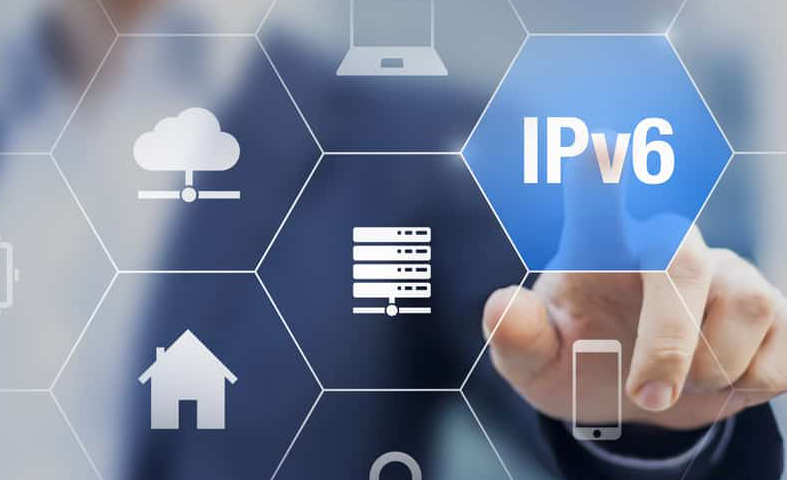Our team of computer scientists at Security Gladiators has gone and made an IPv6 leak test tool so you can check if your connection is private or not.
What Is IPv6?

Internet Protocol is responsible for the identification and location of different computers connected to a network. Think of it as a communications protocol. IPv6 also helps route internet traffic throughout the online world.
Security Gladiators IPv6 Leak Test Tool.
Please disable all adblocker extensions and programs as the tool won’t work properly if they are enabled.
checking for leaks

Table of Contents
What Causes IPv6 Leaks?
There are many causes of an IPv6 problem. The most common one is that your VPN service has not been configured properly. Oftentimes when you try to configure a VPN service manually, you end up making mistakes that can cause your operating system or device to leak your IPv6 address. Make sure to use a good VPN that has a secure client (app).
But there are other reasons as well. Sometimes, your operating system may have built-in features that cause disturbances to your internet traffic and DNS requests.
Or, when you configure your DNS settings manually, your computer may not use the DNS servers that your VPN service operates. If you don’t have the right network settings, you’ll have an IPv6 problem.
So you must use a DNS leak test to be sure your IP address is kept safe and secure.
And finally, if you’re using a VPN service that doesn’t offer IPv6 address protection but is still using both IPv6 and IPv4, then you will naturally have an IPv6 problem. So be sure to choose a VPN service that has both types of protection. Again, you should be testing for IPv6 and DNS leaks to confirm your data is secure.
How Do I Get IPv6 Leak Protection?
If you are one that values your anonymity online as we do, then you need to find the best tools for privacy, that tool is a VPN. For that, you need an IPv6 leak test.
To fix IPv6 leaks and get the necessary protection to prevent it from happening in the future, you should need to perform an IPv6 VPN test regularly.
You can’t just sign up for any VPN service and expect to have IPv6 address leak protection. Plenty of VPNs claim to offer IPv6 address protection when they don’t.
Pro Tip:
It’s also worth noting that many free VPNs don’t provide effective IPv6 protection. You should avoid using free VPNs, as they often sacrifice users’ privacy in favor of advertising revenue. Perform a full VPN test here.
To save you some time and research, we’ve hand-picked the best VPN services that offer military-grade encryption and IPv6 address leak protection.
The VPNs listed also offer money-back guarantees, so you don’t have to risk your hard-earned money to try them out.
With a VPN service that offers true IPv6 protection, you don’t have to worry about hackers, surveillance agencies and tracker bots looking at your traffic and recording your online activities.
As alluded to above, the majority of VPN services on the market today really don’t do a good job of fixing IPv6 leak issues. Without IPv6 leak protection, you can expose your real identity and IP address even if you’re using a VPN service.
This is important:
So be sure to run an IPv6 leak test after you connect to a VPN server using your VPN provider’s app.


